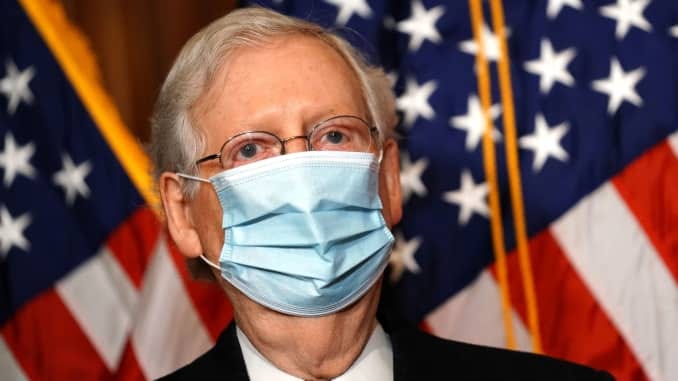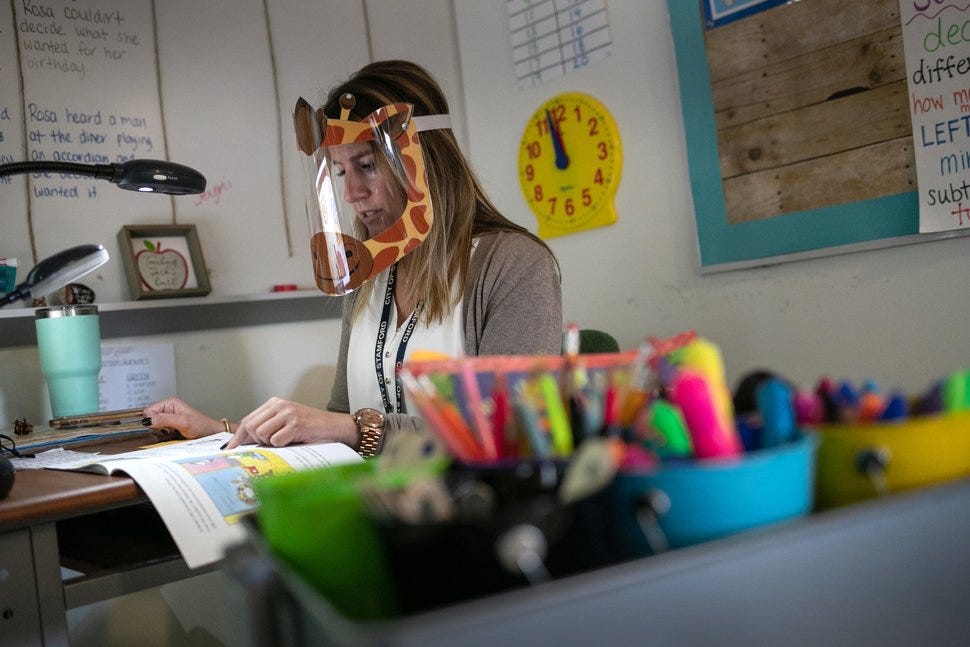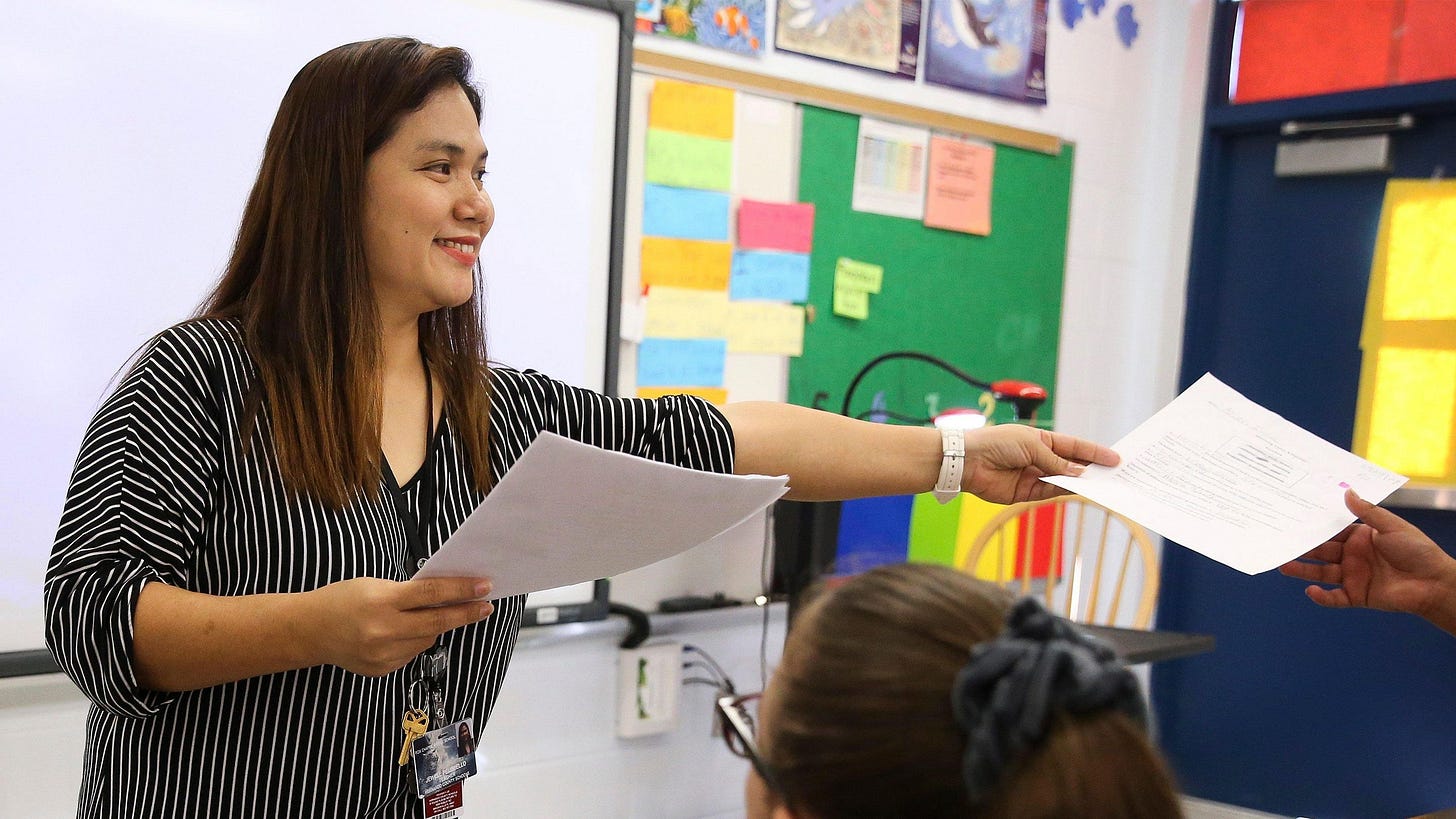I took a little breather this month. Honestly, I found out that my older kids were behind turning in their Zearn lessons. One of them had been turning in blank lessons for a week (I found out when I heard a video message from a teacher who politely asked him to stop turning in blank work). My other sweetie is still learning how to ask for help when hitting content that is confusing.
So, the past couple of weeks we were teaching some real-life social and emotional learning skills and getting caught up, mainly in an app called Zearn. For all of you parents out there who Zearn you might know that when you answer a question wrong it spirals back to scaffold and reinforce content that is misunderstood. In our house, my husband and I like to say that those instances call for another bottle of wine or pot of coffee (depending on the time of day we are Zearning).
My point is that distance learning and remote working at the same time with four kids is real, so very real. I find myself day dreaming about dropping my kids off at school someday (and taking the usual morning selfie, see above), returning to an office, and maybe even traveling for work. Until then, I’d like to share a framework that we can all use to discuss the idea of returning to school (or not), mainly because I am tired of talking about it in anecdotes.
An adaptive and evaluative discussion framework for reopening schools
Below is an example of some of the criteria and alternative policies that we can consider across our local communities. The full framework, found here, follows these steps:
Consider your current COVID-19 context
Define your local evaluative criteria
Evaluate your alternative policy solutions
Make a recommendation and a backup plan
FEDERAL FUNDING AND POLICY
Unemployment benefits and eviction moratorium are set to expire soon, governors are set to release their budgets, and school districts are preparing for the fiscal planning season, but congress cannot reach a deal that will funnel the resources necessary to get kids back into schools and our economy back in business. Like we said nearly six months ago in June: local leaders cannot afford to wait for federal money and state policymakers must act quickly to secure our education budgets and social services. By acting quickly and providing consistent supports we can minimize the harm to our communities and maximize the ability of our schools, districts, other social sectors to make use of the resources they have right now. It is not clear whether the bipartisan $908 bill will come through in time. Furthermore, everyone is critical about whether we can achieve new federal funding for liability for businesses and schools or state and local government.
"Like we said nearly six months ago in June: local leaders cannot afford to wait for federal money and state policymakers must act quickly to secure our education budgets, social services, and the safety and wellness of our families." #edpolicy @cmtpitts// https://edpolicyhotlist.substack.com/
Ensuring Any Unavoidable State K-12 Funding Cuts Are Equitable and Student-Centered | ExcelinEd
Black leaders express concerns about representation in Biden administration | The Hill
Lawmakers pressure leaders to reach COVID-19 relief deal | The Hill
Ex-teacher’s union boss makes play to be Biden’s Education chief | Politico
Bipartisan group unveils new details on COVID-19 relief measure | The Hill
Covid relief talks hit another wall as Congress runs short on time to send help | CNBC
Relief talks show GOP divisions | The Hill
Senate approves funding bill by voice vote to avert shutdown | The Hill
NATIONAL POLICY AND ADVOCACY
National policy and advocacy organizations are releasing their policy proposals for the presidential transition or new year and there are some common themes. It seems there is some agreement that educators should be prioritized for COVID-19 vaccines to help us safely reopen schools. In addition, there are similar calls for investments in Title I, digital equity, and national out of school learning and tutoring programs. These programmatic initiatives are all evidence-based, as well as being part of broader efforts to remove systemic and structural barriers and improve equity in learning for Black, Native, and Latinx students and families.
“there are calls for investments in Title I, digital equity, and national tutoring programs. These initiatives are all EB, as well as being part of broader efforts to remove structural barriers” #edpolicy @cmtpitts @arotherman @the74 @advocacylabs// https://edpolicyhotlist.substack.com/
Teach Plus Federal Policy Agenda: Advancing Equity and Teacher-Driven Solutions | Teach Plus
Education Groups Urge CDC to Prioritize Teachers, School Staff for Coronavirus Vaccine | US News
The National Summer School Initiative | EdPolicy Works
A Blueprint for Scaling Tutoring Across Public Schools | Ed Working Papers
Biden pledges to vaccinate tens of millions, reopen schools in first 100 days | Politico
K12 Education Recommendations for the First 100 Days in Office | Education Reform Now
Goals, strategies, tactics, people, and money: A decade’s worth of education advocacy insights | Future Ed, 50CAN
STATE AND LOCAL POLICY
Local community leaders are worried about the future of their cities, small businesses, and non-white communities. It is likely that our cities will experience a dramatic upheaval in both small businesses, local services, and school systems — basically, we are not returning to business as usual. We are starting to find a groove where we are right now and local leaders can help communities by increasing supports and services, maintaining consistency, and most of all building trusting relationships with community agents and families.
“It is likely that our cities will experience a dramatic upheaval in both small businesses, local services, and school systems — basically, we are not returning to business as usual.” #edpolicy @cmtpitts// https://edpolicyhotlist.substack.com/
America’s Mayors Sound the Alarm on Long-Term Impacts of COVID-19 Pandemic on their Cities, According to New Survey | Boston University
Colorado special session: Lawmakers approve millions to support child care providers and remote learners | Chalkbeat
Examining Equity in Remote Learning Plans: A Content Analysis of State Responses to COVID-19 | The Learning Partnership
Va. Dept. of Education releases annual report on state’s public schools | VA
RACIAL EQUITY IN COVID-19 LEARNING AND BEYOND
Racism and bias is systemic. It is systemic in our teacher preparation programs, teaching, and grading. However, identifying the racist structures and bias that our Black, Native, and Latinx students face every day is only step one. We have to do more to remove these structural determinants that are pervasive across our most diverse communities, but anti-racist agendas may actually center our Whiteness and privilege. Traversing this challenge is complex, it requires trust, but it also relies on humanism that honors individual perspectives.
“We have to do more to remove these structural determinants that are pervasive across our most diverse communities, but anti-racist agendas may actually center our Whiteness and privilege.” #edpolicy @cmtpitts// https://edpolicyhotlist.substack.com/
A Broken Pipeline: Teacher Preparation's Diversity Problem | TNTP
The soft bigotry of “anti-racist” expectations is damaging to Black and White kids alike | Fordham
Illinois will start grading its teacher prep programs | Chalkbeat
When Racial and Gender Bias Is So Darn Obvious — 2 Studies Offer Suggestions for Real Change | The74
ASSESSMENT AND ACCOUNTABILITY
It is high time to replace traditional grading practices, over relying on summative test scores, and collecting data that has no utility for teacher uses. Yet, without fidelity to attendance data collection or typical measures of engagement we are risking losing our students this year. NWEA’s recent release of standardized test data from this fall reported that nearly 25% of students were missing compared to a typical year and those students are likely systematically representing our students who have not been afforded the opportunity to learn this year. The policy implications of COVID-19 schooling will be drastic and endure well beyond a vaccine or return to school. Assessment students right now will help us signal where we will need to focus our time, resources, and investments most to get on top of our recovery and rebuilding. Anything less is a disservice to our students and their future.
“The policy implications of COVID-19 schooling will be drastic and endure well beyond a vaccine or return to school. Assessing students right now will help us signal where we will need to focus” #edpolicy @cmtpitts @nwea @WhitebdAdvisor// https://edpolicyhotlist.substack.com/
Better Ways to Measure Student Progress | Edutopia
State education officials postpone, extend MCAS testing due to rising COVID-19 cases | MA
To test or not to test? Colorado educators and advocates divided on CMAS in a pandemic | Chalkbeat
Five Years On, ESSA’s Hallmark Flexibility May Be Undermining Equity, Report Finds | The74
Education Insider: The Biden Regulatory Agenda | Whiteboard Advisors
'A' through 'F' grading paused, but STAAR test to continue, state says | TX
Study: Evaluations penalized teachers in low-income schools | Ed Dive
UPCOMING EVENTS
Monday, December 14 (11:00 AM EST) Bellwether webinar on Is it Time to Reopen Schools.
Monday, December 14 (11:00 AM EST) Brookings webinar on Presidential Transition Process: Understanding the Obligations, Obstacles, and Urgency.
Tuesday, December 15 (1:30 PM EST) REACH webinar on How COVID-19 and the Election Have Impacted Education.
Tuesday, December 15 (3:00 PM EST) Hunt Institute webinar Homeroom with Education Leaders: Opportunities for Systemic Innovation in Education.
Wednesday, December 16 (2:00 PM EST) EdWeek Market Brief webinar on School Districts’ Biggest Tech Challenges During COVID and What They Mean for Companies.
Dr. Christine M. T. Pitts serves as Manager of Research and Evaluation at Portland Public Schools. As an Oregonian, raised by a multicultural family of educators, she brings a decade of progressive strategic leadership experience, a transformative vision, and analytic skill to crafting state education policy. An educator and researcher by training, she has conducted legislation, governance, and policy analyses on a wide array of education issues using social network analysis and mixed methods research. In addition, Dr. Pitts is a facilitative leader who deeply understands and co-constructs local and national partnerships and convening across stakeholder groups. Dr. Pitts currently coordinates between state and national policy leaders to investigate and advocate for policies that prioritize equity in education. Christine lives with her husband and four children in Portland, Oregon. Follow her on Twitter @cmtpitts.











